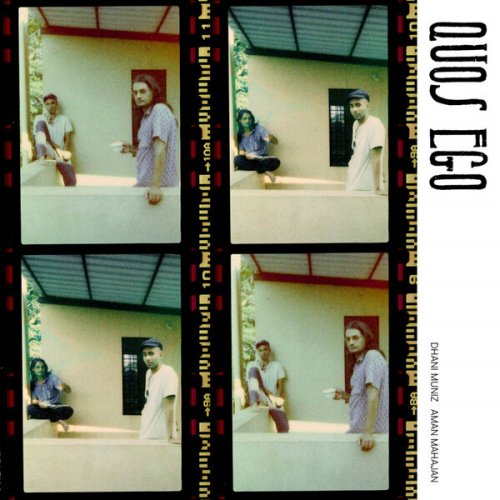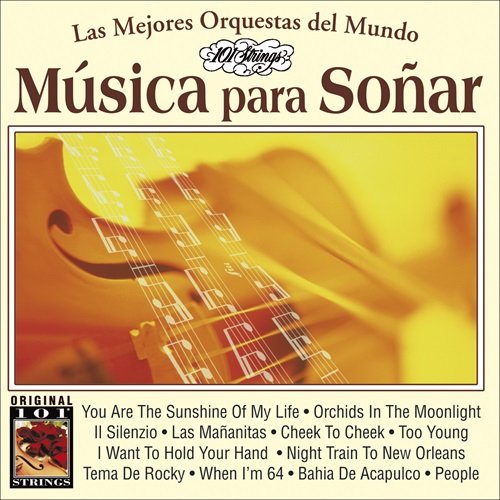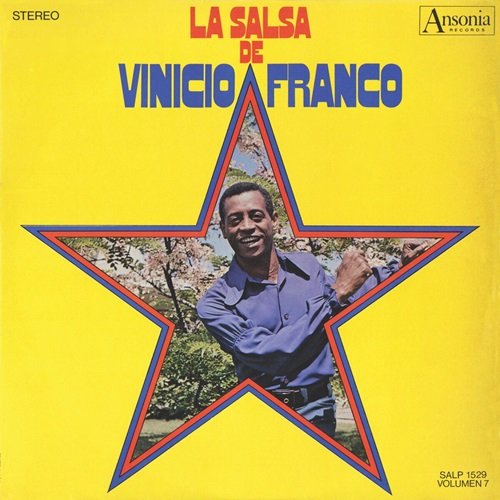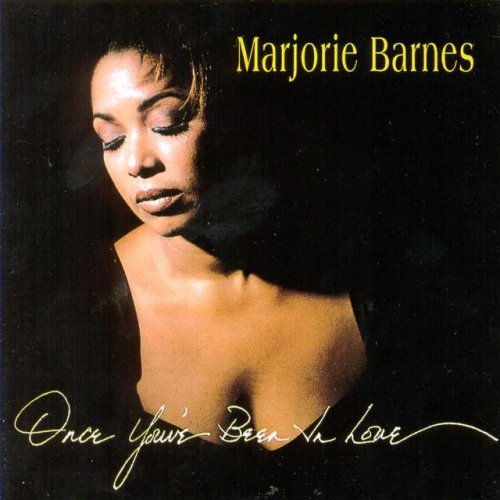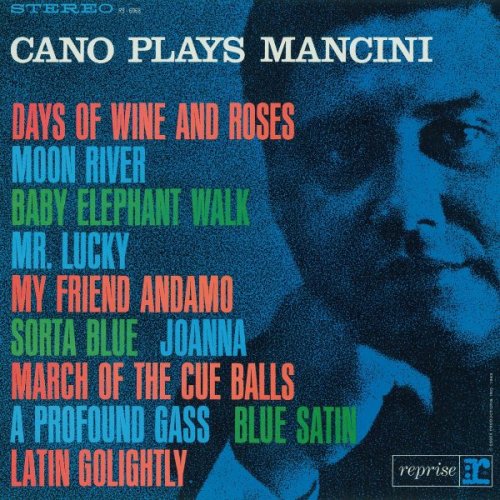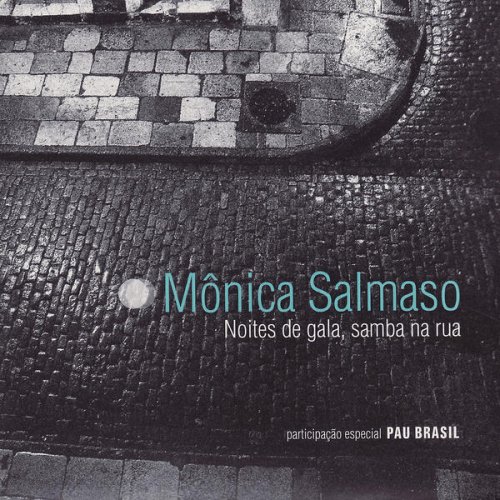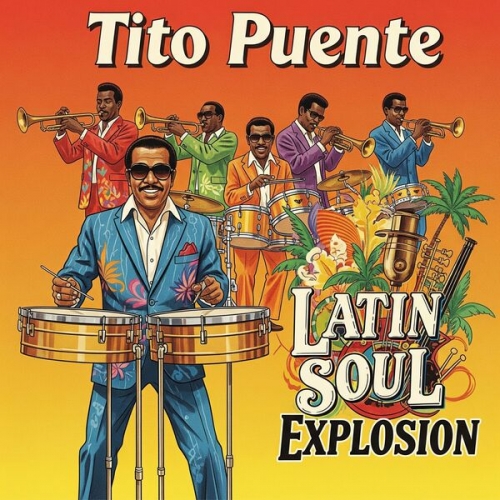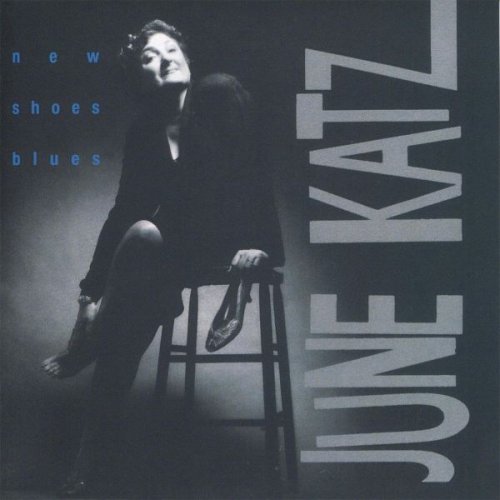Roy Eldridge - Anthology: The Definitive Collection (Remastered) (2021)
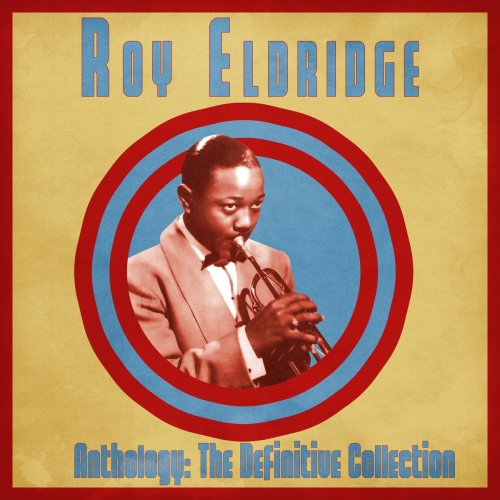
Artist: Roy Eldridge
Title: Anthology: The Definitive Collection (Remastered)
Year Of Release: 2021
Label: Master Tape Records
Genre: Jazz, Swing
Quality: FLAC (tracks)
Total Time: 5:57:14
Total Size: 1.79 GB
WebSite: Album Preview
Tracklist:Title: Anthology: The Definitive Collection (Remastered)
Year Of Release: 2021
Label: Master Tape Records
Genre: Jazz, Swing
Quality: FLAC (tracks)
Total Time: 5:57:14
Total Size: 1.79 GB
WebSite: Album Preview
Disc 1
01. Une Petite Laitue Avec De La Mayonnaise (Remastered)
02. Algo Bueno (Remastered)
03. Somebody Loves Me (Remastered)
04. Jump Through The Window (Remastered)
05. Echoes Of Harlem (Remastered)
06. Basin Street Blues (Remastered)
07. Let Me Off Uptown (Remastered)
08. Blue Moon (Remastered)
09. Sweet Georgia Brown (Remastered)
10. Stormy Weather (Remastered)
11. Our Love Is Here To Stay (Remastered)
12. Cheek To Cheek (Remastered)
13. Love For Sale (Remastered)
14. Misty (Remastered)
15. Can't We Be Friends? (Remastered)
16. I Can't Get Started (Remastered)
17. When Grow Too Old To Dream (Remastered)
18. Oscar's Arrangement (Remastered)
19. Time On My Hands (Remastered)
20. Stars Fell On Alabama (Remastered)
21. A Foggy Day (Remastered)
22. When It's Sleepy Time Down South (Remastered)
23. Kerry (Remastered)
Disc 2
01. You're Blase (Remastered)
02. Struttin' With Some Barbecue (Remastered)
03. Bean Stalkin' (Remastered)
04. Don't Blame Me (Remastered)
05. The Way You Look Tonight (Remastered)
06. Honeysuckle Rose (Remastered)
07. Tin Roof Blues (Remastered)
08. I've Got A Crush On You (Remastered)
09. Song Of The Islands (Remastered)
10. I Can't Get Started 2 (Remastered)
11. The Song Is Ended (Remastered)
12. The Nearness Of You (Remastered)
13. Ja-Da (Remastered)
14. Feeling A Draft (Remastered)
15. Dale's Wail (Remastered)
16. I Only Have Eyes For You (Remastered)
17. Tea For Two (Remastered)
18. Bossa Nova (Remastered)
19. I've Found A New Baby (Remastered)
20. Blue Moon 2 (Remastered)
21. Willow Weep For Me (Remastered)
22. When Your Lover Has Gone (Remastered)
23. A Foggy Day 2 (Remastered)
Disc 3
01. Easy Living (Remastered)
02. Dreamy (Remastered)
03. If I Had You (Remastered)
04. The Man I Love (Remastered)
05. It Never Entered My Mind (Remastered)
06. Royal Garden Blues (Remastered)
07. Jazz Me Blues (Remastered)
08. Sweethearts On Parade (Remastered)
09. That's A-Plenty (Remastered)
10. Bugle Call Rag (Remastered)
11. Black And Blue (Remastered)
12. I Can't Get Started 3 (Remastered)
13. Have You Met Miss Jones? (Remastered)
14. How Long Has This Been Going On? (Remastered)
15. They Can't Take That Away From Me (Remastered)
16. Sweet Sue, Just You (Remastered)
17. Blue Moon 3 (Remastered)
18. Cocktails For Two (Remastered)
19. But Not For Me (Remastered)
20. Trumpet Blues (Remastered)
21. Pretty Eyed Baby (Remastered)
22. All The Things You Are (Remastered)
23. The Walker (Remastered)
Disc 4
01. After You've Gone (Remastered)
02. Tippin' Out (Remastered)
03. Just Fooling (Remastered)
04. Wrap Your Troubles In Dreams (Remastered)
05. Les Bounce (Remastered)
06. Ain't No Flies On Me (Remastered)
07. Wild Driver (Remastered)
08. Rockin' Chair (Remastered)
09. I Remember Harlem (Remastered)
10. Tu Disais Que Tu M'Aimais (Remastered)
11. It Don't Mean A Thing (If It Ain't Got That Swing) (Remastered)
12. All The Cats Join In (Remastered)
13. I Can't Get Started 4 (Remastered)
14. The Man I Love 2 (Remastered)
15. Yard Dog (Remastered)
16. I Still Love Him So (Remastered)
17. Undecided (Remastered)
18. Easter Parade (Remastered)
19. The Gasser (Remastered)
20. Ain't That A Shame (Remastered)
21. Hi Ho Trailus Boot Whip (Remastered)
22. List Blues (Remastered)
23. Someone To Watch Over Me (Remastered)
One of the most exciting trumpeters to emerge during the swing era, Roy Eldridge's combative approach, chance-taking style and strong musicianship were an inspiration (and an influence) to the next musical generation, most notably Dizzy Gillespie. Although he sometimes pushed himself farther than he could go, Eldridge never played a dull solo.
Roy Eldridge started out playing trumpet and drums in carnival and circus bands. With the Nighthawk Syncopators he received a bit of attention by playing a note-for-note re-creation of Coleman Hawkins' tenor solo on "The Stampede." Inspired by the dynamic playing of Jabbo Smith (Eldridge would not discover Louis Armstrong for a few years), Eldridge played with some territory bands including Zack Whyte and Speed Webb and in New York (where he arrive in 1931) he worked with Elmer Snowden (who nicknamed him "Little Jazz"), McKinney's Cotton Pickers, and most importantly Teddy Hill (1935). Eldridge's recorded solos with Hill, backing Billie Holiday and with Fletcher Henderson (including his 1936 hit "Christopher Columbus") gained a great deal of attention. In 1937 he appeared with his octet (which included brother Joe on alto) at the Three Deuces Club in Chicago and recorded some outstanding selections as a leader including "Heckler's Hop" and "Wabash Stomp." By 1939 Eldridge had a larger group playing at the Arcadia Ballroom in New York. With the decline of Bunny Berigan and the increasing predictability of Louis Armstrong, Eldridge was arguably the top trumpeter in jazz during this era.
During 1941-1942 Eldridge sparked Gene Krupa's Orchestra, recording classic versions of "Rockin' Chair" and "After You've Gone" and interacting with Anita O'Day on "Let Me Off Uptown." The difficulties of traveling with a White band during a racist period hurt him, as did some of the incidents that occurred during his stay with Artie Shaw (1944-1945) but the music during both stints was quite memorable. Eldridge can be seen in several "soundies" (short promotional film devoted to single songs) of this era by the Krupa band, often in association with O'Day, including "Let Me Off Uptown" and "Thanks for the Boogie Ride." He is also very prominent in the band's appearance in Howard Hawks' Ball of Fire, in an extended performance of "Drum Boogie" mimed by Barbara Stanwyck, taking a long trumpet solo -- the clip was filmed soon after Eldridge joined the band in late April of 1941, and "Drum Boogie" was a song that Eldridge co-wrote with Krupa.
Eldridge had a short-lived big band of his own, toured with Jazz at the Philharmonic, and then had a bit of an identity crisis when he realized that his playing was not as modern as the beboppers. A successful stay in France during 1950-1951 restored his confidence when he realized that being original was more important than being up-to-date. Eldridge recorded steadily for Norman Granz in the '50s, was one of the stars of JATP (where he battled Charlie Shavers and Dizzy Gillespie), and by 1956, was often teamed with Coleman Hawkins in a quintet; their 1957 appearance at Newport was quite memorable. The '60s were tougher as recording opportunities and work became rarer. Eldridge had brief and unhappy stints with Count Basie's Orchestra and Ella Fitzgerald (feeling unnecessary in both contexts) but was leading his own group by the end of the decade. He spent much of the '70s playing regularly at Ryan's and recording for Pablo and, although his range had shrunk a bit, Eldridge's competitive spirit was still very much intact. Only a serious stroke in 1980 was able to halt his horn. Roy Eldridge recorded throughout his career for virtually every label. ~ Scott Yanow
Roy Eldridge started out playing trumpet and drums in carnival and circus bands. With the Nighthawk Syncopators he received a bit of attention by playing a note-for-note re-creation of Coleman Hawkins' tenor solo on "The Stampede." Inspired by the dynamic playing of Jabbo Smith (Eldridge would not discover Louis Armstrong for a few years), Eldridge played with some territory bands including Zack Whyte and Speed Webb and in New York (where he arrive in 1931) he worked with Elmer Snowden (who nicknamed him "Little Jazz"), McKinney's Cotton Pickers, and most importantly Teddy Hill (1935). Eldridge's recorded solos with Hill, backing Billie Holiday and with Fletcher Henderson (including his 1936 hit "Christopher Columbus") gained a great deal of attention. In 1937 he appeared with his octet (which included brother Joe on alto) at the Three Deuces Club in Chicago and recorded some outstanding selections as a leader including "Heckler's Hop" and "Wabash Stomp." By 1939 Eldridge had a larger group playing at the Arcadia Ballroom in New York. With the decline of Bunny Berigan and the increasing predictability of Louis Armstrong, Eldridge was arguably the top trumpeter in jazz during this era.
During 1941-1942 Eldridge sparked Gene Krupa's Orchestra, recording classic versions of "Rockin' Chair" and "After You've Gone" and interacting with Anita O'Day on "Let Me Off Uptown." The difficulties of traveling with a White band during a racist period hurt him, as did some of the incidents that occurred during his stay with Artie Shaw (1944-1945) but the music during both stints was quite memorable. Eldridge can be seen in several "soundies" (short promotional film devoted to single songs) of this era by the Krupa band, often in association with O'Day, including "Let Me Off Uptown" and "Thanks for the Boogie Ride." He is also very prominent in the band's appearance in Howard Hawks' Ball of Fire, in an extended performance of "Drum Boogie" mimed by Barbara Stanwyck, taking a long trumpet solo -- the clip was filmed soon after Eldridge joined the band in late April of 1941, and "Drum Boogie" was a song that Eldridge co-wrote with Krupa.
Eldridge had a short-lived big band of his own, toured with Jazz at the Philharmonic, and then had a bit of an identity crisis when he realized that his playing was not as modern as the beboppers. A successful stay in France during 1950-1951 restored his confidence when he realized that being original was more important than being up-to-date. Eldridge recorded steadily for Norman Granz in the '50s, was one of the stars of JATP (where he battled Charlie Shavers and Dizzy Gillespie), and by 1956, was often teamed with Coleman Hawkins in a quintet; their 1957 appearance at Newport was quite memorable. The '60s were tougher as recording opportunities and work became rarer. Eldridge had brief and unhappy stints with Count Basie's Orchestra and Ella Fitzgerald (feeling unnecessary in both contexts) but was leading his own group by the end of the decade. He spent much of the '70s playing regularly at Ryan's and recording for Pablo and, although his range had shrunk a bit, Eldridge's competitive spirit was still very much intact. Only a serious stroke in 1980 was able to halt his horn. Roy Eldridge recorded throughout his career for virtually every label. ~ Scott Yanow
![Mammal Hands - Circadia (2026) [Hi-Res] Mammal Hands - Circadia (2026) [Hi-Res]](https://www.dibpic.com/uploads/posts/2026-02/1771945393_folder.jpg)
